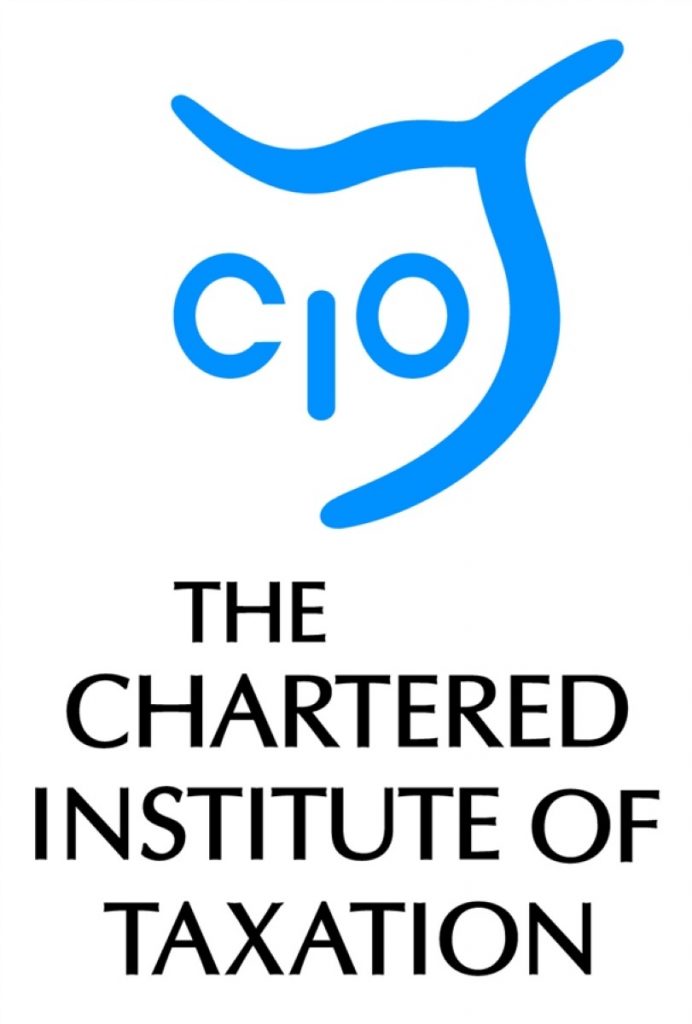Changes to business investment schemes could have unintended consequences, tax body warns
The Chartered Institute of Taxation (CIOT) has warned that legislation implementing changes to schemes designed to promote investment in small and growing businesses could deter some investors from taking advantage of the reliefs. The legislation will become more complex and deny relief in certain circumstances to existing investors wanting to increase their investments1.
Changes to the Enterprise and Seed Enterprise Investment Schemes (EIS/SEIS) and Venture Capital Trusts (VCT) were announced in the Budget. Key measures include2:
- a requirement that all investments are made for the purpose of ‘business growth and development’
- a requirement that all EIS investors are independent from the company at the time of the first share issue (excluding founder shares)
- a cap on total EIS/VCT investment that an individual company can receive of £15 million, and £20 million for ‘knowledge-intensive’ companies
Andrew Gotch, Chairman of the Institute’s Owner Managed Business Sub-Committee, said:
“Effort to promote investment in higher-risk small and growing businesses is to be welcomed. However, our concern is that these reliefs, EIS and SEIS in particular, are already subject to a large number of qualifying conditions which can be off-putting to potential investors, and these further changes and restrictions are only adding to the complexity of the reliefs.
“Furthermore, the professional advice and time needed to navigate the associated legislation can be disproportionate to the expected amount of tax relief.
“The proposed measures include the expectation that potential investors are ‘independent’ from the company at the time that their first share was issued. However, this may act as a disincentive because it would deny relief where a prospective investor already holds shares in the company. We believe a carve out for existing shares obtained from personal relationships and a de minimis threshold to enable qualification for smaller investment holdings would help to mitigate this restriction on the category of investor who can take up EIS relief.
“The increase in the overall investment cap to £20m is welcome but is being restricted to ‘knowledge intensive’ companies. It is being increased to £15m for other qualifying companies. We are not sure why a growing manufacturing company , for example, should have a £15M cap while a ‘knowledge intensive’ company, such as a one in the IT or biotech sector, might be able to qualify for £20M, whilst arguably both could bring benefits to the economy overall.
“Finally, we think that the new requirement that all investments under EIS are made for the purposes of promoting ‘business growth and development’ is problematic. This vague definition adds little to our understanding of what the new restriction is aiming at compared to the existing legislation.”
Notes to editors
1. The joint HMT-HMRC consultation, Tax-advantaged venture capital schemes: draft legislation and explanatory notes, can be read in full, here; the response of the Chartered Institute of Taxation can be read in full, here.
2. Other measures include: A 12 year age limit for qualifying companies; an increased employee limit of 499 for knowledge-intensive companies and the removal of barriers between Seed Enterprise Investment Scheme & EIS/VCT funding.
3. The Chartered Institute of Taxation (CIOT)
The CIOT is the leading professional body in the United Kingdom concerned solely with taxation. The CIOT is an educational charity, promoting education and study of the administration and practice of taxation. One of our key aims is to work for a better, more efficient, tax system for all affected by it – taxpayers, their advisers and the authorities. The CIOT’s work covers all aspects of taxation, including direct and indirect taxes and duties. Through our Low Incomes Tax Reform Group (LITRG), the CIOT has a particular focus on improving the tax system, including tax credits and benefits, for the unrepresented taxpayer.
The CIOT draws on our members’ experience in private practice, commerce and industry, government and academia to improve tax administration and propose and explain how tax policy objectives can most effectively be achieved. We also link to, and draw on, similar leading professional tax bodies in other countries. The CIOT’s comments and recommendations on tax issues are made in line with our charitable objectives: we are politically neutral in our work.
The CIOT’s 17,000 members have the practising title of ‘Chartered Tax Adviser’ and the designatory letters ‘CTA’, to represent the leading tax qualification.





-01.png)